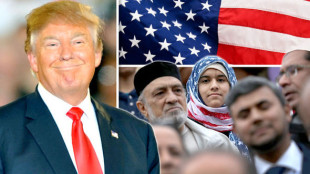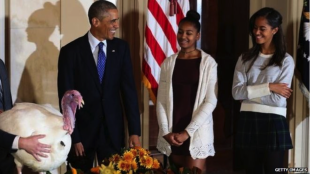Legal Protection of a Digital Resurrection
Not long ago, the death of an actor also meant the death of his or her characters. If the actor died before filming was complete, there may have been no other choice but to scrap the movie altogether. Now, however, advances in technology have made it possible to digitally “resurrect” actors, thereby potentially saving both the characters and the films. Thanks to continuing improvements in computer-generated imagery (CGI) technology, when Nancy Marchand died while filming The Sopranos or when Paul Walker died while filming Furious 7, their characters were able to live on despite their deaths until the writers were able to write in a more natural exit for the character. Most recently, in December 2016, Peter Cushing virtually reprised his role of Grand Moff Tarkin in Rogue One: A Star Wars Story, despite his death in 1994. These digital resurrections are not flawless, but they are often unnoticeable to the untrained eye. Furthermore, the recent improvements in CGI quality suggest that a computer-generated actor that “will fool even experienced professionals” may not be far off. CGI technology may have a lot of positive benefits in the film industry. For example, the increasing quality of CGI technology has the potential [read more]










